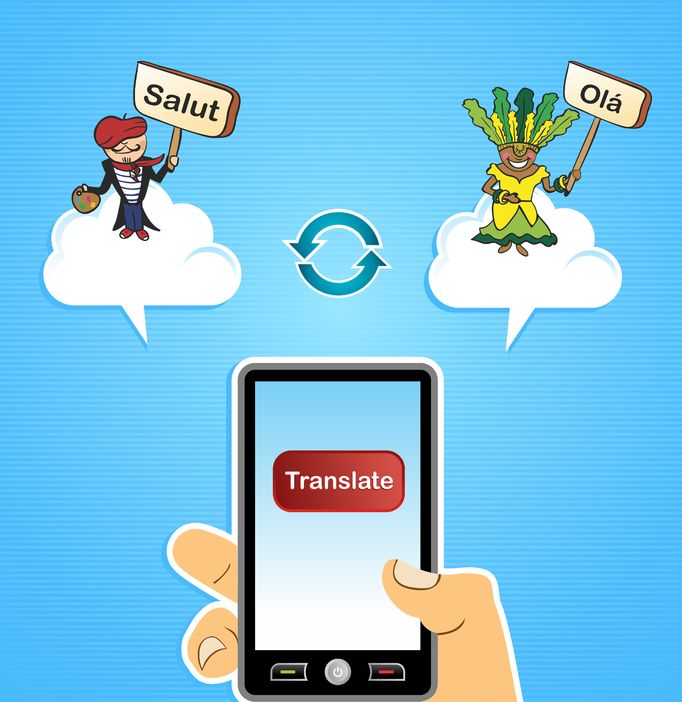Have you ever wondered how language affects the success of your website? Much effort, energy and, last but not least, money on your part has been invested in your website – yet, there are numerous website owners who, right at the end of creating a website, make a colossal mistake and entrust the translation of their website to an amateur translator. We have investigated how crucial the correct use of language really is and researched if the language used on your website really can ensure the success or failure of your website.
It is a sad fact that nowadays less and less emphasis is placed on the linguistic part of the texts of a certain website, and linguistic blunders thus made, make people laugh and produce comments, but not much is done to improve the texts, nonetheless. However, different studies have shown that language blunders seen on your website can be a reason for far greater trouble than merely mockery by those visiting the website – those language blunders can be the cause of loss of orders!
Let’s take a look at some figures. A research study, conducted in Great Britain has shown that as many as 59 per cent of Britons aren’t willing to work with a company that has obvious linguistic blunders on its website. Suppose that Slovenes are less strict than Britons; however, it still means that approximately half of the visitors to your website decide not to work with you on the basis of linguistic errors. Honestly, can you afford to lose as many as half of your potential clients?
Doing business abroad? If so, it is of vital importance for your website to be translated into the languages of all your potential clients – but make sure to provide a high quality translation. In failing to do so, you risk losing your potential clients. As many as 82 per cent of Britons interviewed stated they would never do business with a provider whose website wasn’t correctly translated into English. They would look for some other provider.
But it’s not all so grim. One should not waste time pondering over the negative aspects too much; moreover, one should focus on attracting new clients and developing new markets. The research has shown that over 72 per cent of people who spend their time surfing the internet spend most of the time browsing the sites written in their mother tongue. The language the website is written in has also been marked as an important factor by consumers when making a decision to purchase a product. Over 72 per cent of the respondents stated that their decision about buying a certain product is hastened if the site where they’re buying is written in their mother tongue. More than half of the respondents even stated they are prepared to pay more for a product about which the information was written in their mother tongue.
But what does the above stated really signify? What percentage of your potential customers can drift away due to a poor translation of a website? Or due to the fact that your website happens not to be translated? The research studies have shown that a lot of damage can be done to your market; one of the studies has shown that as many as 42 per cent of Europeans never purchase a product or services in a language other than their own. The percentage is pretty high and should not be ignored, wouldn’t you agree? A high-quality translation is a one-time investment you will benefit from for several years. The visitors to your website, who are also your potential customers, will be happy to read a well-written description of what you are offering. A well-translated text will boost the company’s success, because a happy client is a good client and can help you grow your business.


